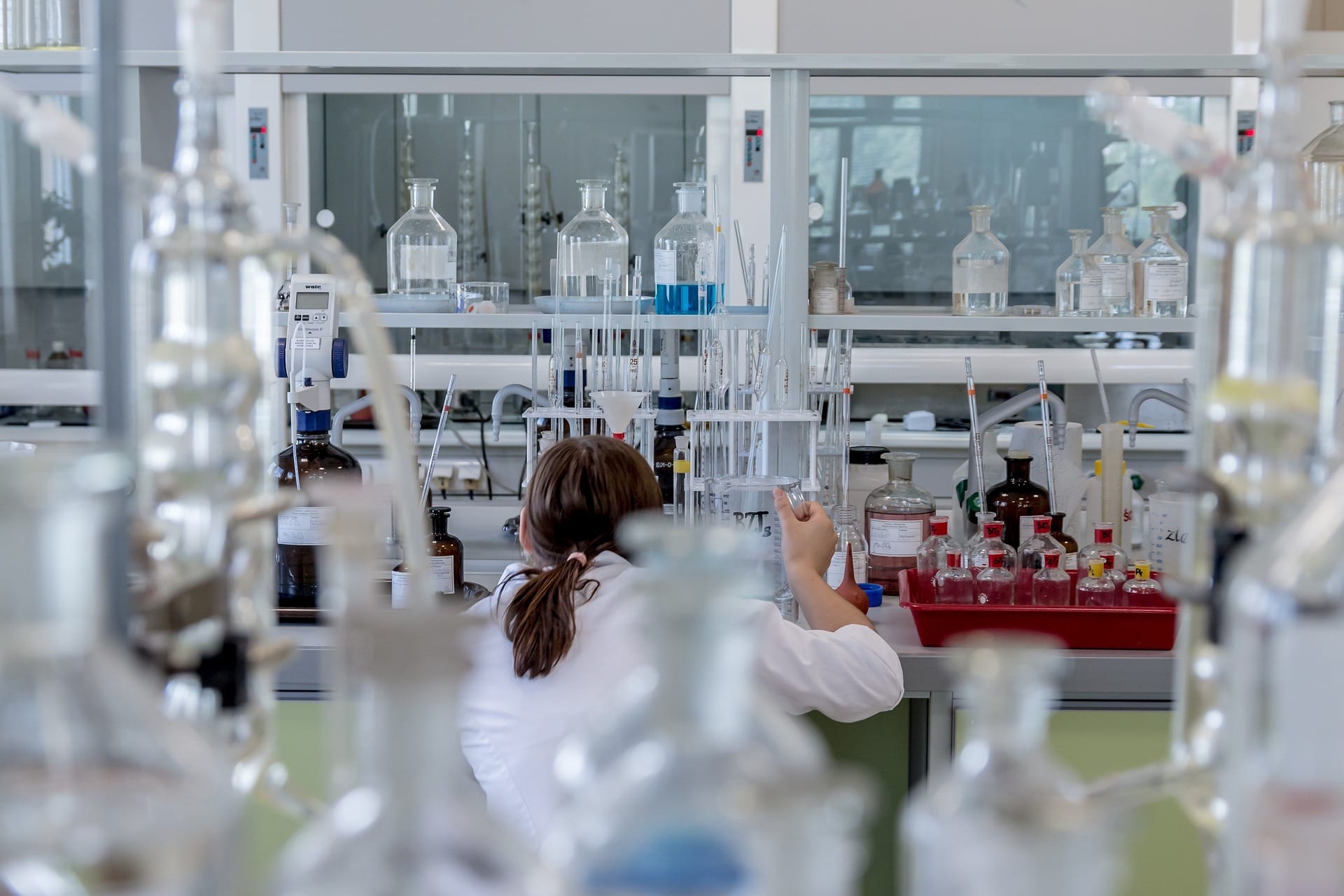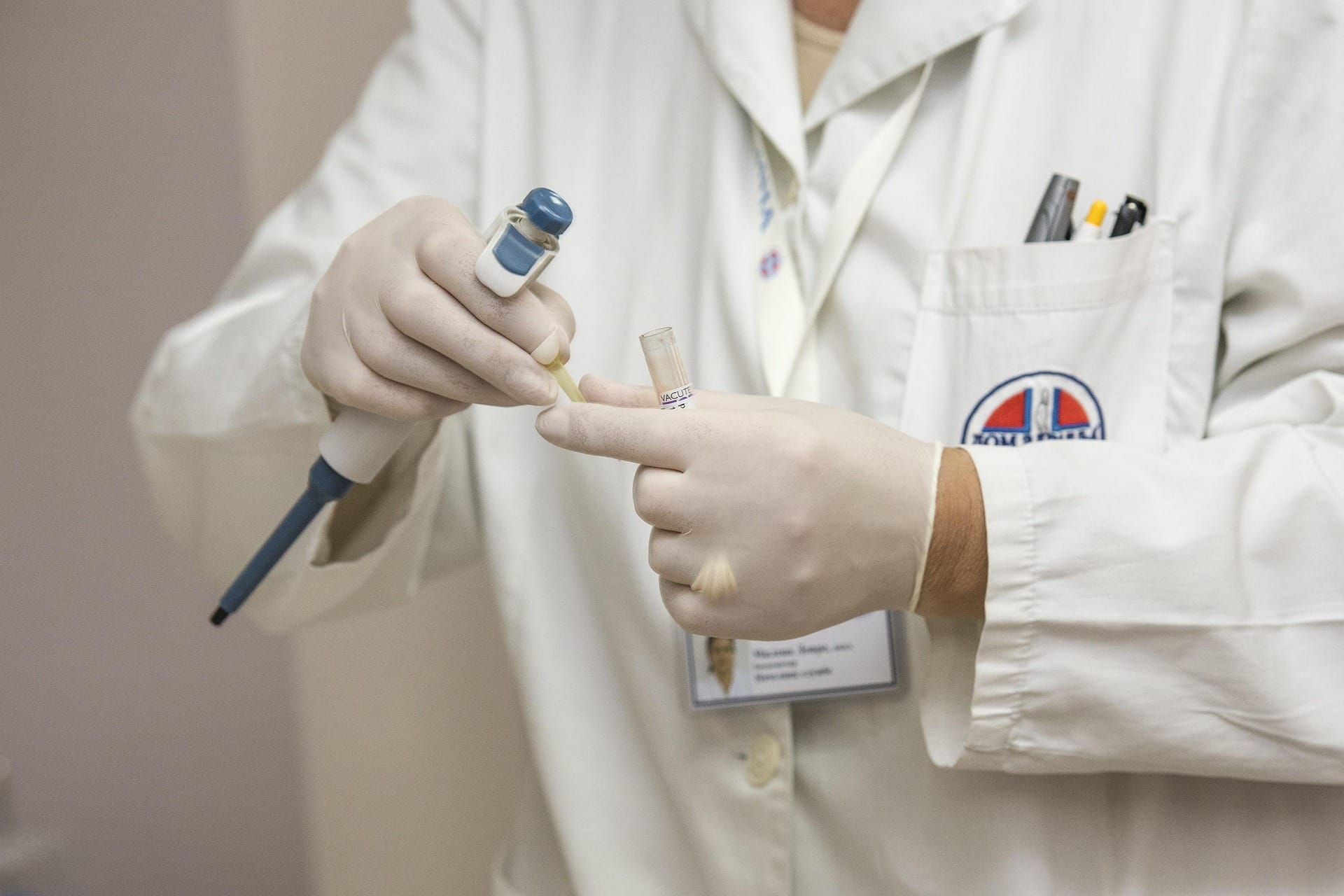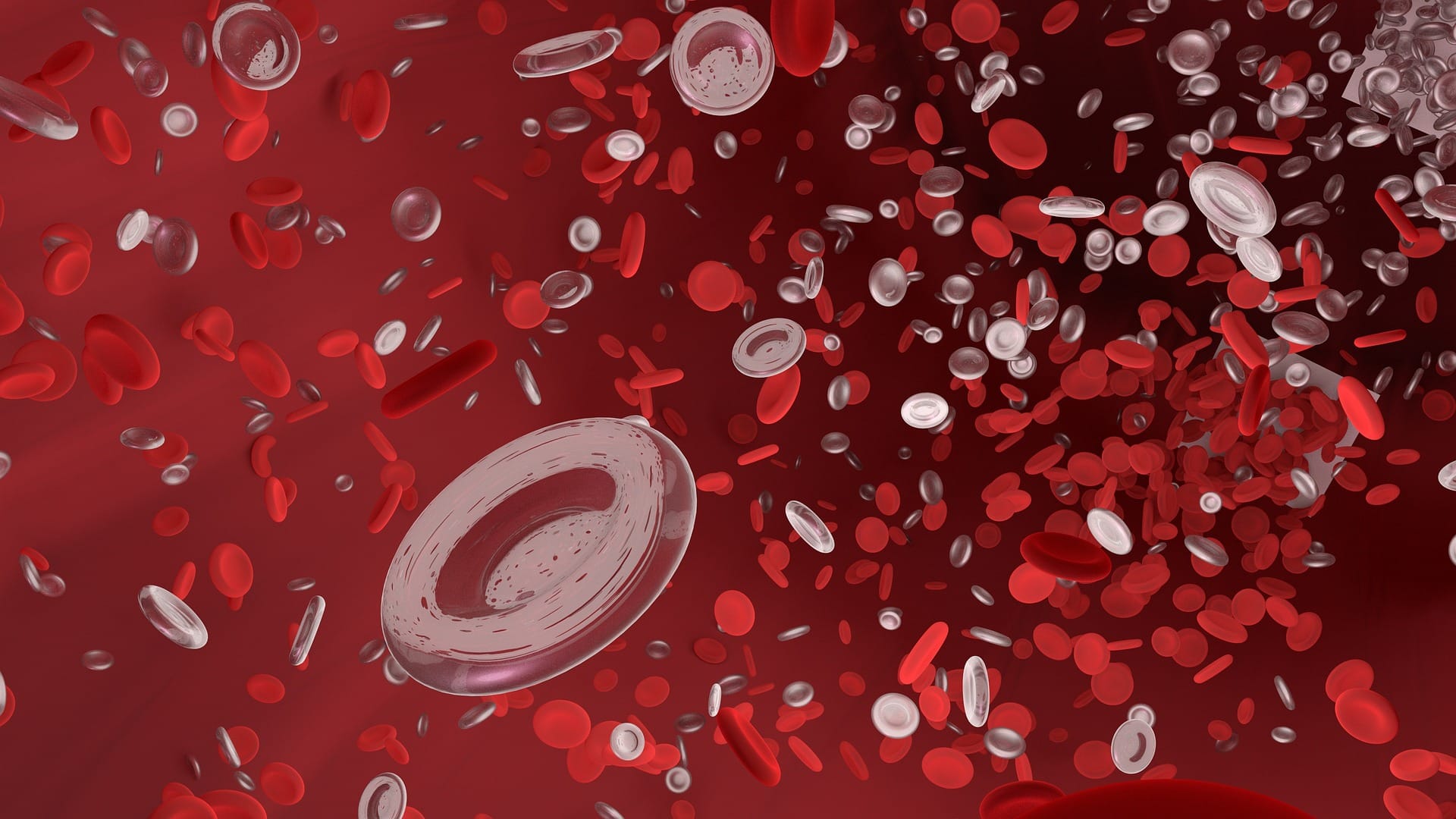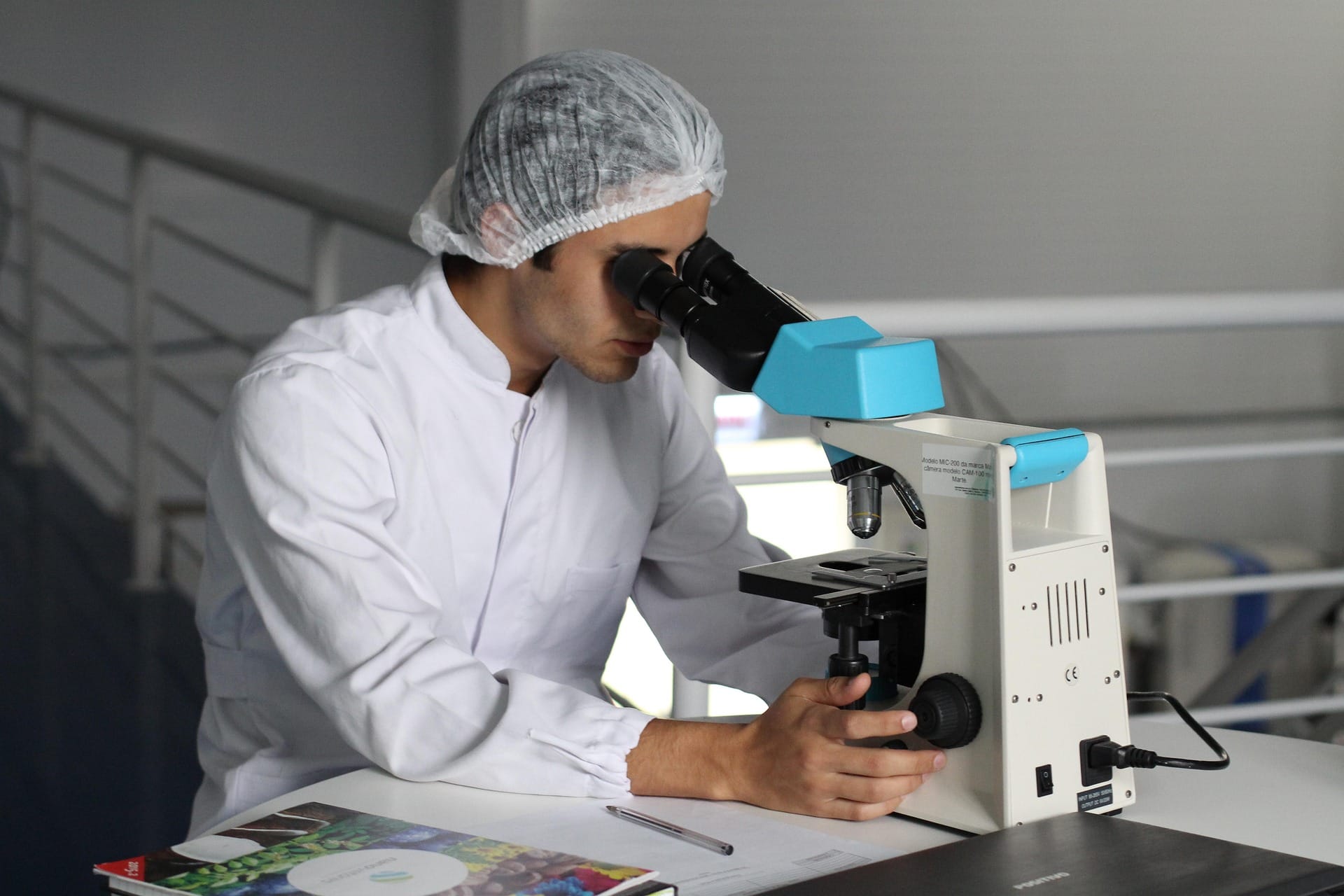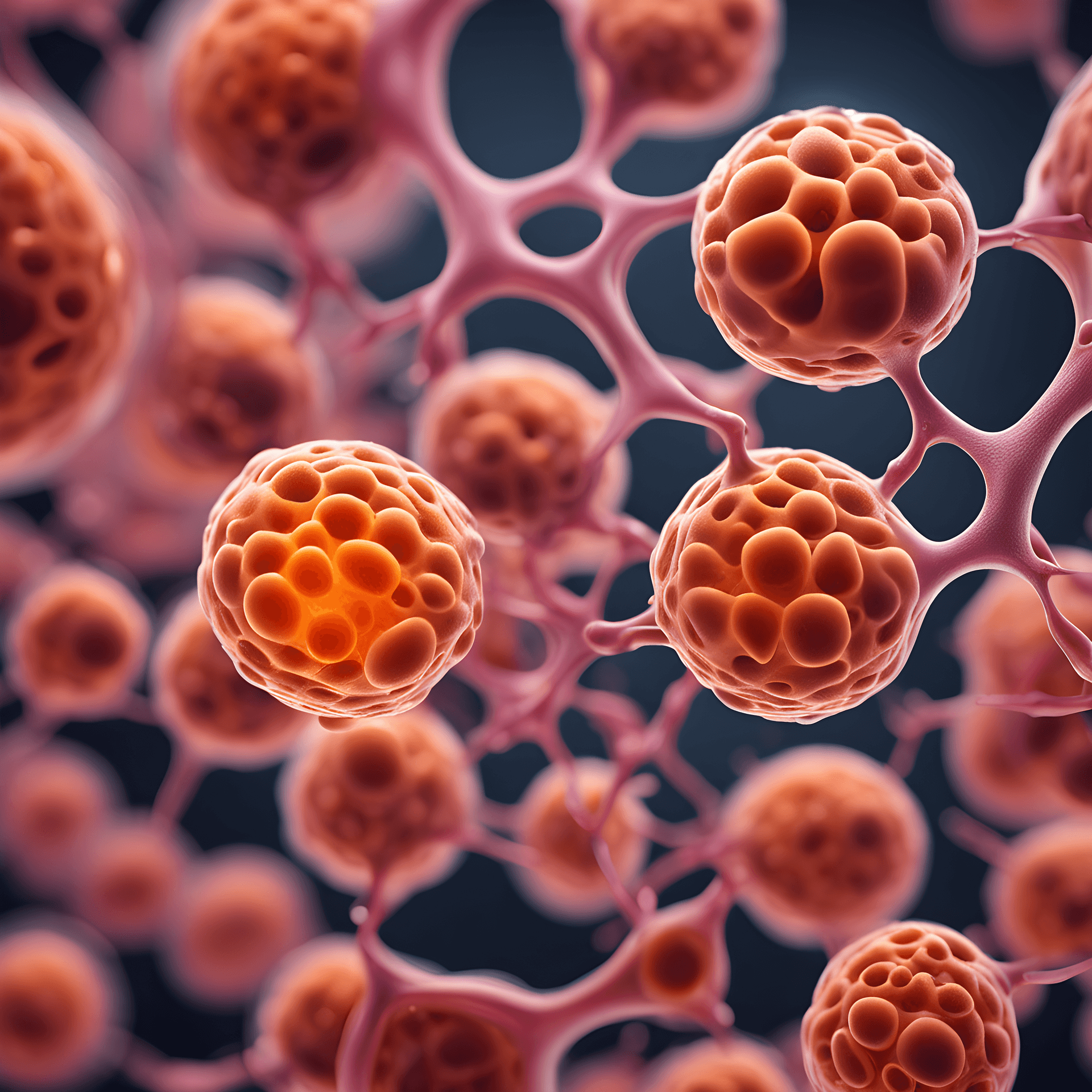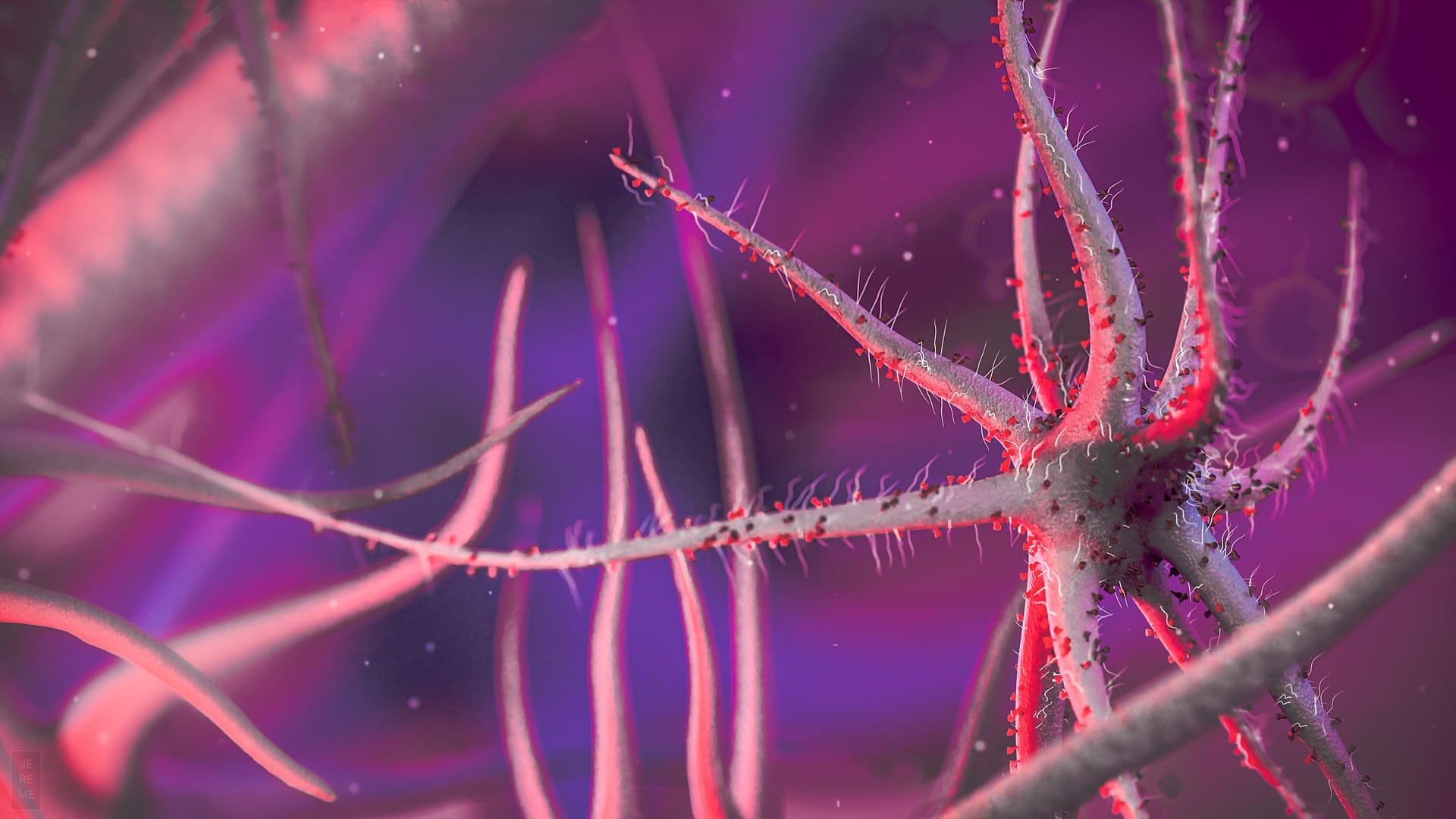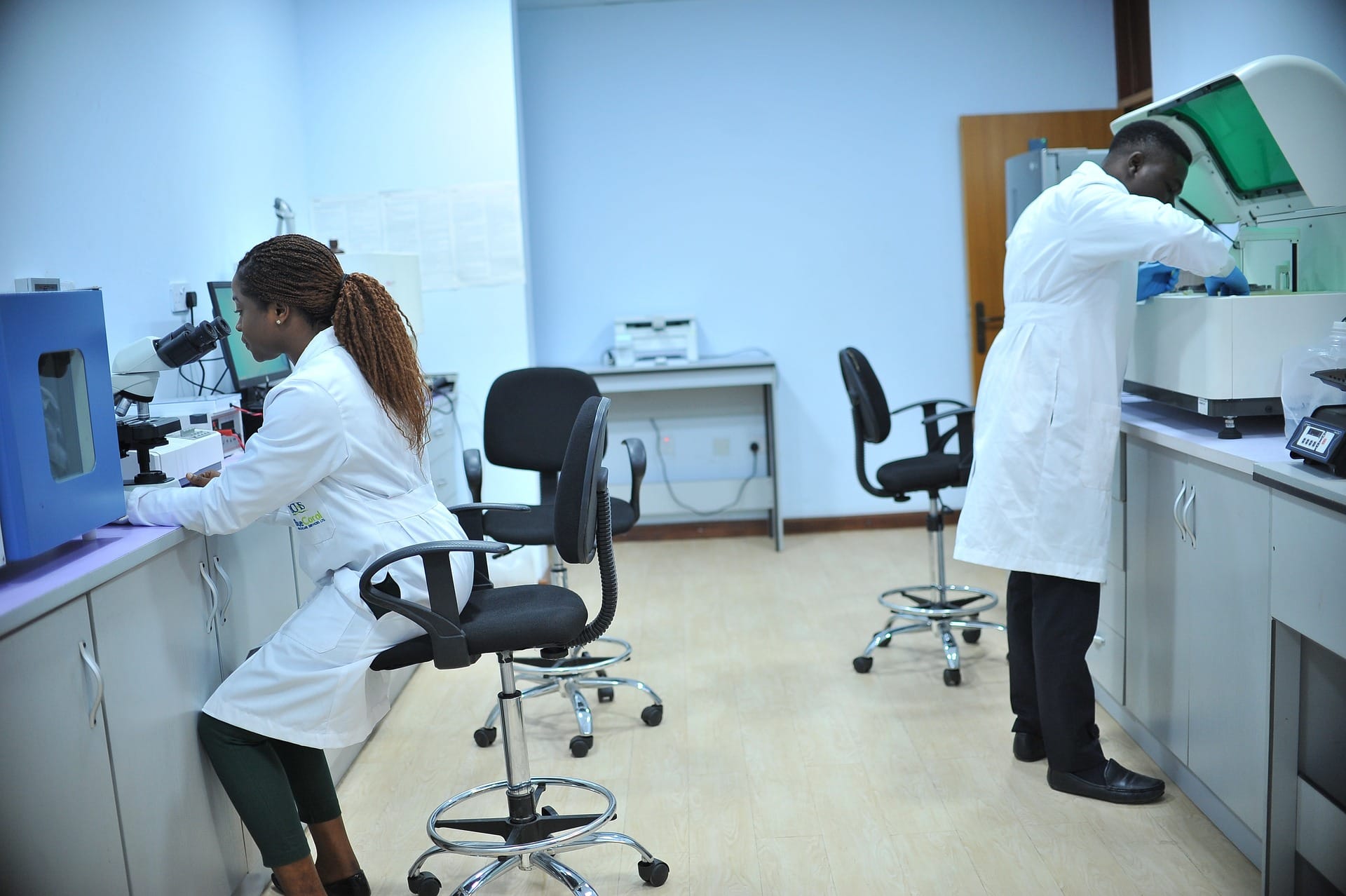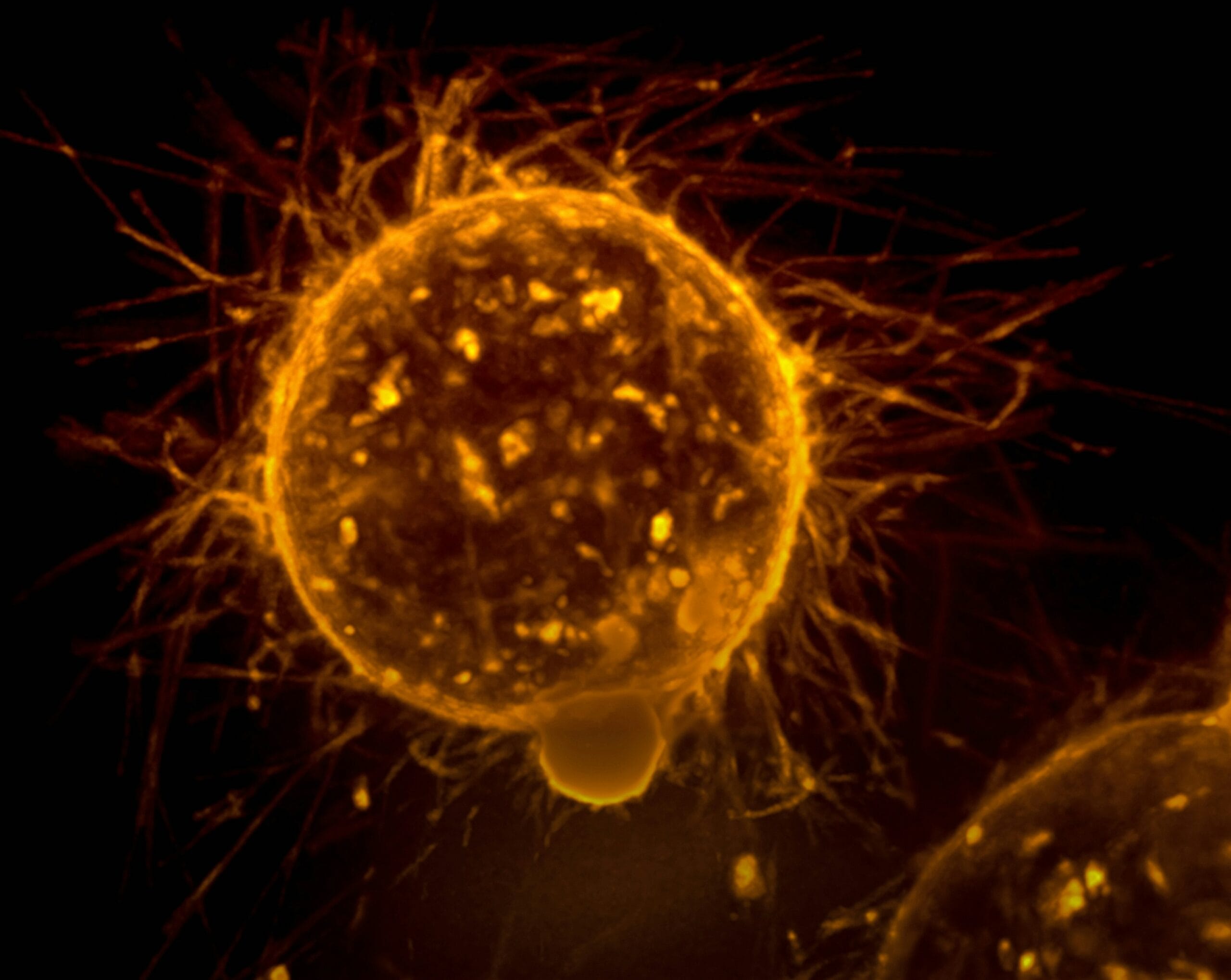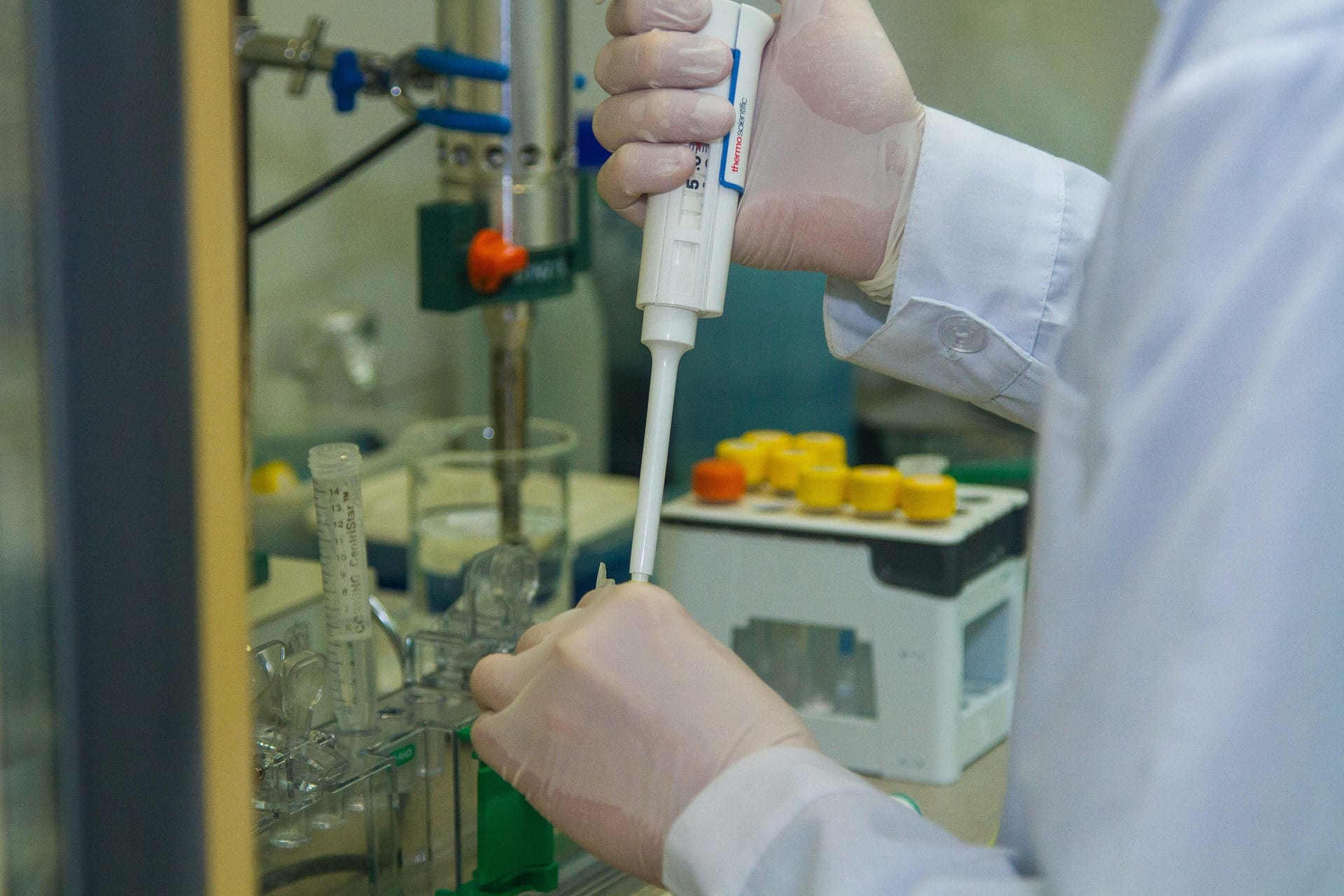
About MedicaPharma
MedicaPharma distributes high-quality active pharmaceutical ingredients (APIs) to hospitals, commercial (compounding) pharmacies, research institutes, and universities worldwide.
What is Tiopronin
A pharmaceutical compound prescribed to treat conditions that include cystinuria and heavy metal toxicity
Why Choose MedicaPharma
We are committed to supplying high-quality GMP products with logistics according to GDP regulations.

